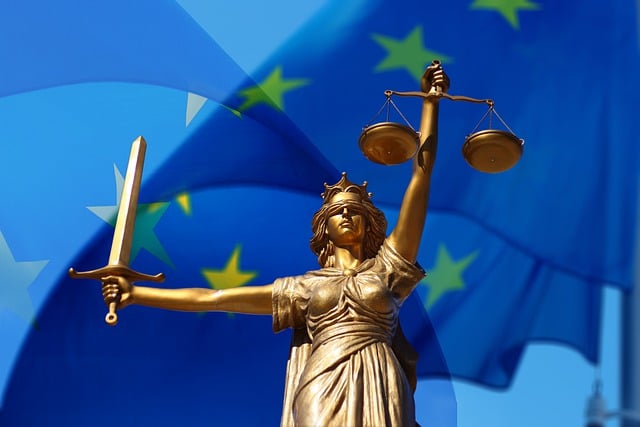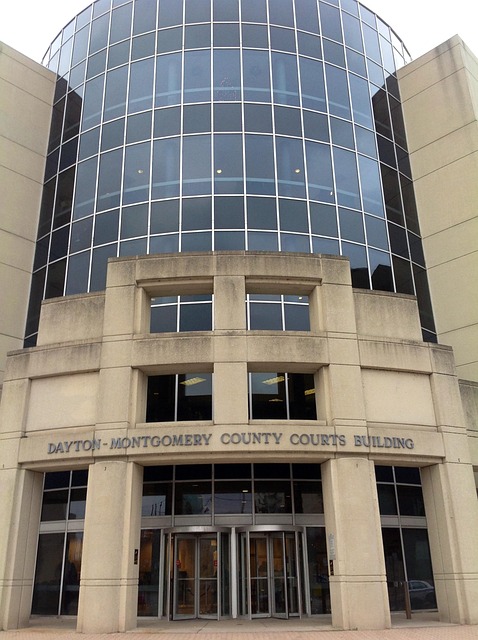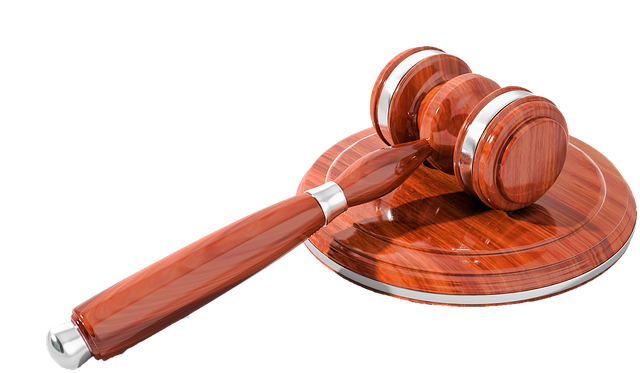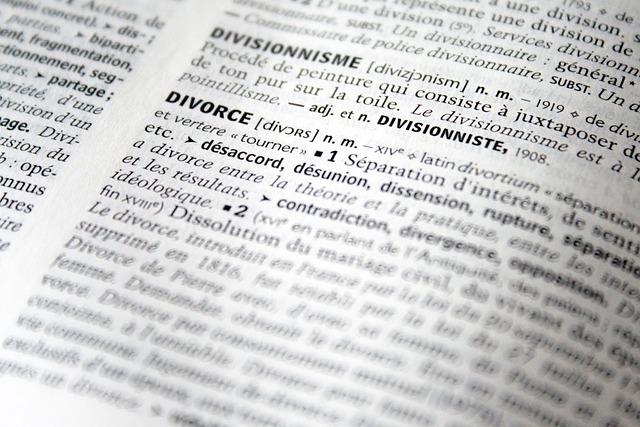Healthcare compliance experts are vital navigators of complex environmental laws, shielding medical institutions from legal issues and fostering ethical responsibility. They interpret regulations, ensure patient safety and institutional integrity, and promote fairness through tailored guidance and customized compliance programs. These professionals balance environmental protection with corporate interests, leveraging their expertise in waste management, air quality, water conservation, and hazardous material disposal. By examining case studies and adopting innovative solutions like AI and blockchain, they guide organizations through challenging regulatory landscapes, ensuring long-term success and sustainability in healthcare operations.
Healthcare Compliance Experts play a pivotal role in ensuring ethical practices within the intricate web of healthcare regulations. They navigate a complex landscape, deciphering laws like understanding complex environmental compliance laws, to safeguard patient welfare and institutional integrity. This article delves into their multifaceted roles, explores challenges and solutions, highlights key skills, presents successful case studies, and discusses future trends in this dynamic field.
- The Role of Healthcare Compliance Experts: Ensuring Ethical Practice
- Navigating Complex Regulatory Landscape: Challenges and Solutions
- Key Skills Required for Environmental Compliance in Healthcare
- Case Studies: Successful Implementation of Compliance Strategies
- Future Trends: Evolving Roles and Technologies in Healthcare Compliance
The Role of Healthcare Compliance Experts: Ensuring Ethical Practice

Healthcare Compliance Experts play a pivotal role in ensuring ethical practice within medical institutions. They navigate and interpret complex environmental compliance laws, acting as a crucial safeguard against potential legal pitfalls. These experts are instrumental in upholding regulatory standards that protect patients, preserve institutional integrity, and promote fair practices.
By understanding the intricate web of regulations, these professionals guide healthcare organizations in avoiding indictment for non-compliance. Their strategic counsel enables facilities to achieve extraordinary results in maintaining compliance, fostering a culture of ethical responsibility. This, in turn, enhances patient trust, ensures regulatory adherence, and contributes to the overall success and sustainability of healthcare operations.
Navigating Complex Regulatory Landscape: Challenges and Solutions

Navigating the complex regulatory landscape is a significant challenge for healthcare organizations. With constantly evolving laws and regulations, such as those related to Understanding Complex Environmental Compliance Laws, experts in healthcare compliance are essential to ensure adherence. These professionals must stay abreast of changes in legislation, interpret their implications, and provide guidance tailored to each organization’s unique needs. They play a pivotal role in mitigating risks by identifying potential non-compliance issues before they become significant problems.
One of the key solutions these experts offer is developing comprehensive compliance programs that are customized for both corporate and individual clients. By implementing robust internal controls, conducting regular audits, and providing ongoing training, they help organizations stay ahead of regulatory requirements. Moreover, their expertise in navigating complex legal scenarios enables them to secure winning challenging defense verdicts for their clients, demonstrating their proficiency and commitment to client success.
Key Skills Required for Environmental Compliance in Healthcare

In the realm of healthcare, environmental compliance experts play a pivotal role in ensuring facilities adhere to stringent regulations. Understanding complex environmental compliance laws is a cornerstone for these professionals. They must possess a deep knowledge of various statutes and guidelines, such as those related to waste management, air quality, water conservation, and hazardous material disposal. This intricate legal landscape demands experts who can interpret and apply these rules effectively, protecting both the environment and the interests of corporate and individual clients.
Beyond legal acumen, successful environmental compliance specialists need excellent communication and analytical skills. They must collaborate with diverse teams, including medical staff, administrators, and legal counsel, to implement and maintain compliance programs. Moreover, their expertise in white collar defense and general criminal defense strategies enables them to navigate potential legal pitfalls, ensuring the healthcare organization avoids costly violations and maintains a robust compliance framework that reflects industry best practices.
Case Studies: Successful Implementation of Compliance Strategies

In the realm of healthcare, where precision and regulation are paramount, case studies illustrate the successful implementation of compliance strategies that navigate complex environmental laws. Experts in this field play a pivotal role in ensuring hospitals, clinics, and pharmaceutical companies adhere to stringent regulations, such as those governing waste disposal, air quality, and patient data privacy. By delving into these real-world scenarios, we uncover valuable insights into how strategic planning, meticulous documentation, and innovative solutions can lead to achieving extraordinary results, even in the face of challenging regulatory environments.
For instance, a healthcare organization facing severe environmental compliance issues due to legacy pollution was guided through a comprehensive remediation process by seasoned experts. This involved not only understanding the complex legal framework surrounding general criminal defense but also developing a tailored strategy for winning challenging defense verdicts. Through meticulous analysis, they achieved remarkable success, transforming a potential disaster into a model for sustainable operations, setting a new benchmark in environmental stewardship within the healthcare sector.
Future Trends: Evolving Roles and Technologies in Healthcare Compliance

The future of healthcare compliance is an exciting landscape where technology and regulatory evolution merge. As the healthcare industry navigates an increasingly complex regulatory environment, including intricate environmental laws, the role of experts in this field becomes indispensable. Advanced technologies like artificial intelligence (AI) will play a pivotal role in streamlining compliance processes. AI-powered systems can analyze vast amounts of data, identify trends, and predict potential risks, enabling professionals to stay ahead of changing regulations. This is particularly beneficial for corporate and individual clients seeking to maintain adherence to strict environmental standards.
With the rise of digital transformation, healthcare compliance experts will need to embrace innovative approaches. For instance, blockchain technology can enhance transparency and security in data sharing, ensuring ethical practices across the industry. Moreover, as the sector continues to grow, these professionals will likely find themselves at the intersection of various stakeholders, including philanthropic and political communities, who all demand a deep understanding of complex environmental compliance laws. This evolution necessitates adaptability, continuous learning, and a keen eye for detail to meet the demands of this dynamic healthcare landscape.
Healthcare compliance experts play a pivotal role in ensuring ethical practices within an increasingly complex regulatory landscape. By mastering key skills, such as understanding complex environmental compliance laws, they navigate challenges and implement successful strategies. Case studies highlight the positive impact of robust compliance programs, while future trends suggest ongoing evolution through technological advancements. As the healthcare industry continues to grow, these professionals will remain indispensable in upholding standards and protecting patient welfare.






